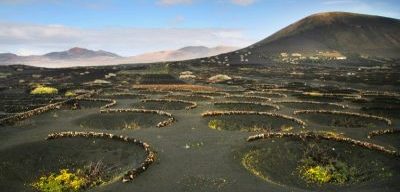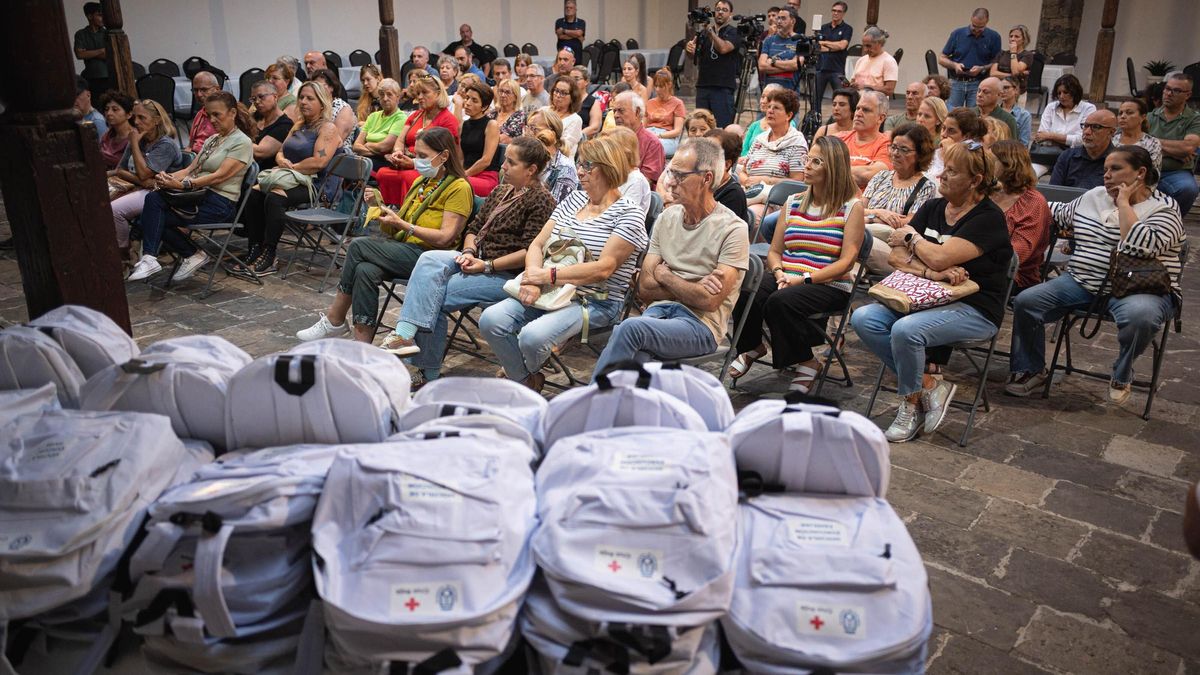This Wednesday, the Cabildo of Lanzarote hosted the third informative session organised by the Government of the Canary Islands on the detection and prevention of vine phylloxera, a pest that poses a serious threat to the vineyards of the islands. The meeting brought together officials from the regional government and the island corporation, along with specialists in plant health.
In Lanzarote, concerns are particularly high because the cultivation in picón is unique worldwide. The arrival of phylloxera would pose a grave risk to this landscape and the island’s wine economy.
The information campaign will continue until 6 October in collaboration with cabildos and sector groups. So far, phylloxera has only been detected in the north of Tenerife, which means the strategy focuses on preventing its spread to other islands.
The informative sessions promoted by the Canary Government also aim to explain the content of the Order dated 20 August 2025, which declared the fight against phylloxera to be of public utility and established urgent control and eradication measures. These measures include restrictions on the movement of grapes and plant material, as well as the obligation to disinfect tools and equipment used during grape harvesting.
The Minister of Agriculture, Livestock, Fisheries, and Food Sovereignty, Narvay Quintero, emphasised the importance of involving the entire community in this task. “Only through a coordinated approach can we control and eradicate this pest and safeguard the wine heritage of the Archipelago,” he stated. According to the data provided, there have been 4,042 inspections, with 3,976 negative results and 66 positive ones, all treated or eradicated to date.
Viticulture: A Mark of Identity
The President of the Cabildo of Lanzarote, Oswaldo Betancort, reminded attendees that viticulture on the island is not just an economic driver but also a significant cultural and landscape element. “Phylloxera poses a real risk to a cultivation model that has given us identity and supports many families,” he warned.
Betancort stressed that prevention is “a collective commitment” and called on grape growers, winemakers, and the public to join in the measures being implemented.

The meeting also featured contributions from the Deputy Minister for the Primary Sector, Eduardo García; the island’s Deputy Minister for the Environment, Samuel Martín; the Director of the Canary Institute of Agricultural Quality, Luis Arráez Guadalupe; and the Head of Plant Health Services, Antonio González.
In addition to the session held in Lanzarote, meetings have already taken place in Fuerteventura and La Gomera, with further sessions scheduled in Gran Canaria and La Palma. These sessions are aimed at both sector professionals and the general public, with the goal of raising awareness about the threat this pest poses to the economy and the wine landscape of the Canary Islands.














